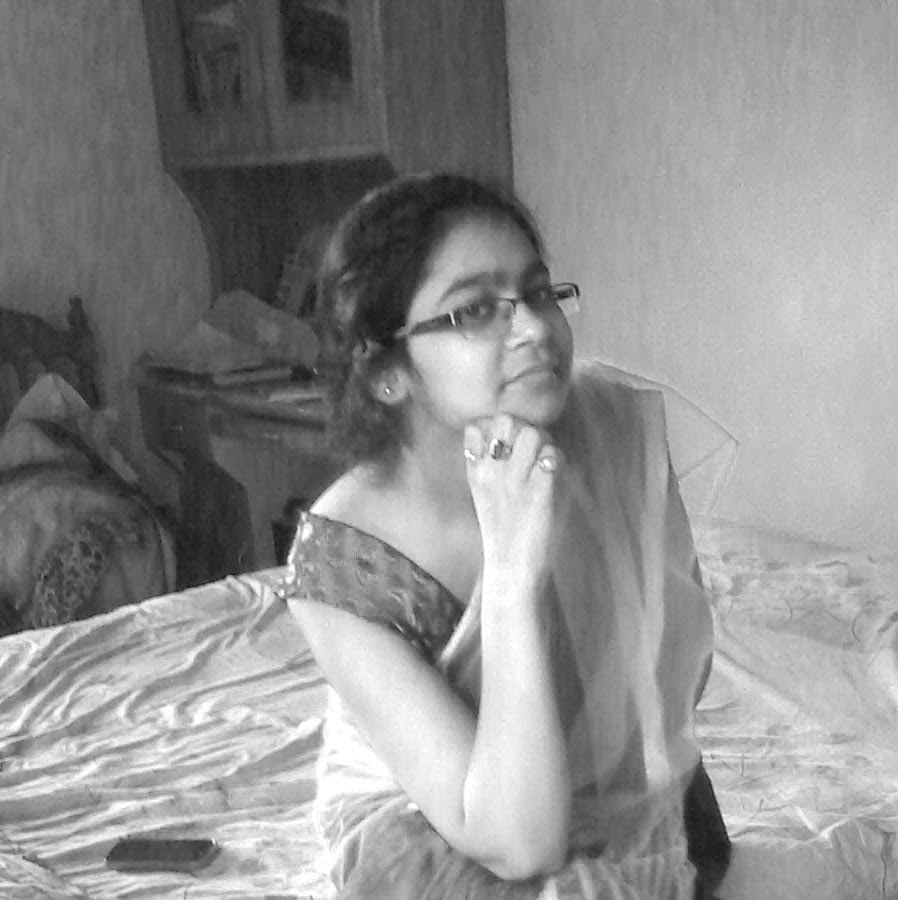Case commentary
Case title: National Legal Service Authority v. Union of India
Date of Judgment: 15/04/2014
Citation: WP (Civil) No 604 of 2013
Principle: Trans- gender rights.
By Shailja Sharma, DSNLU Vizag (Online Intern @LawOF)
Coram: The case was heard before a two-judge bench of the Supreme Court, composed of Justice K.S. Panicker Radhakrishnan and Justice Arjan Kumar Sikri
The supreme court of India decided to recognize transgender community as a third gender availing them of the basic human right of education, jobs and voting. In the landmark decision by the Supreme Court of India, which declared transgender people to be a third gender, affirmed that the fundamental rights granted under the Constitution of India will be equally applicable to transgender people, and gave them the right to self-identification of their gender as male, female or third-gender. This judgement is a major step towards gender equality in India. Moreover, the court also held that because transgender people were treated as socially and economically backward classes, they will be granted reservations in admissions to educational institutions and jobs.
The Legal Recognition for Third Gender – In recognizing the third gender category, the Court has recognized that fundamental rights are available to the third gender in the same manner as they are to males and females. Further, non-recognition of third gender in both criminal and civil statutes such as those relating to marriage, adoption, divorce, etc. is discriminatory to the third gender.
The Legal Recognition for Persons transitioning within male/female binary: As for how the actual procedure of recognition will happen, the Court merely stated that they prefer to follow the psyche of the person and use the Psychological Test as opposed to the Biological Test. They also declare that insisting on Sex Reassignment Surgery (SRS) as a condition for changing one’s gender is illegal.
In Public Health and Sanitation: Centre and State Governments were directed to take proper measures to provide medical care to Transgender people in the hospitals and also provide them separate public toilets and other facilities. Further, they were also directed to operate separate HIV/Sero-surveillance measures for transgender people.
Socio-Economic Rights: Centre and State Governments were asked to provide the community various social welfare schemes and to treat the community as socially and economically backward classes. They have also been asked to extend reservation in educational institutions and for public appointments.
Stigma and Public Awareness: The broadest directions were given to the Centre and State Governments and asked to take steps to create public awareness so that Transgender people will feel that they are also part and parcel of the social life and not be treated as untouchables also take measures to regain their respect and place in society, and seriously address the problems such as fear, shame, gender dysphoria, social pressure, depression, suicidal tendencies and social stigma.
Also, the Court noted that these declarations were to be read in light of the Ministry of Social Justice and Empowerment Expert Committee Report on Issues Relating to transgender people.
This landmark judgment was met with roaring approval from all liberal corners of the nation. Given the 377 debacle which criminalized unnatural sex thereby criminalizing the LGBTQ community as a whole, just a few months prior to that, it was heartening to see such a forward thinking judgment even if it was in polar opposition to their own thinking by sec 377 definition. It can therefore be concluded that these have affected in a positive way the humanitarian nature of this nation. These steps are the initiation of a positive change which the country is leading to and it should be promoted and celebrated by all the means in the society.
 1210
1210


27 comments
Comments are closed.